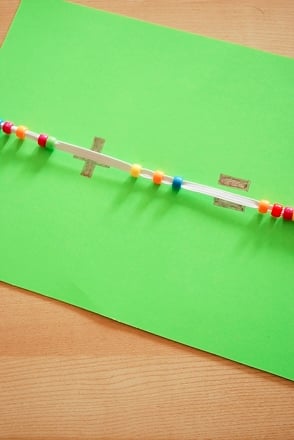Subtopics:
Kindergarten Addition Fact Fluency Activities
About Kindergarten Addition Fact Fluency Activities
On Education.com, kindergarten addition fact fluency activities include materials that help young learners practice quickly recalling number combinations and strengthening their addition skills. These resources feature fun tools like dice games (Roll Move & Color, Dice Tic-Tac-Toe), manipulatives such as stamping or Play-Doh, and interactive games like Addition War that make practicing addition engaging and hands-on. The focus is on play-based learning that encourages children to build confidence and number sense through memorable activities.
Browse Education.com's addition fact fluency worksheets and games, such as color-by-number activities, online games (Zingo, Math Playground), and printable card sets to help help children master addition facts. These structured resources provide a scaffolded approach to practice, making it easier for parents and teachers to support early math development. Hands-on exercises reinforce number bonds, set recognition, and mental math strategies while keeping learning enjoyable.
Using ideas from Education.com, educators and parents can integrate addition practice into daily routines without extensive planning. Materials provide ready-to-use lesson plans, printable worksheets, and engaging online tools that promote rapid fact recall while emphasizing fun and learning. By using these resources, children strengthen essential math skills that lay the foundation for future math learning and problem-solving.
Browse Education.com's addition fact fluency worksheets and games, such as color-by-number activities, online games (Zingo, Math Playground), and printable card sets to help help children master addition facts. These structured resources provide a scaffolded approach to practice, making it easier for parents and teachers to support early math development. Hands-on exercises reinforce number bonds, set recognition, and mental math strategies while keeping learning enjoyable.
Using ideas from Education.com, educators and parents can integrate addition practice into daily routines without extensive planning. Materials provide ready-to-use lesson plans, printable worksheets, and engaging online tools that promote rapid fact recall while emphasizing fun and learning. By using these resources, children strengthen essential math skills that lay the foundation for future math learning and problem-solving.





















